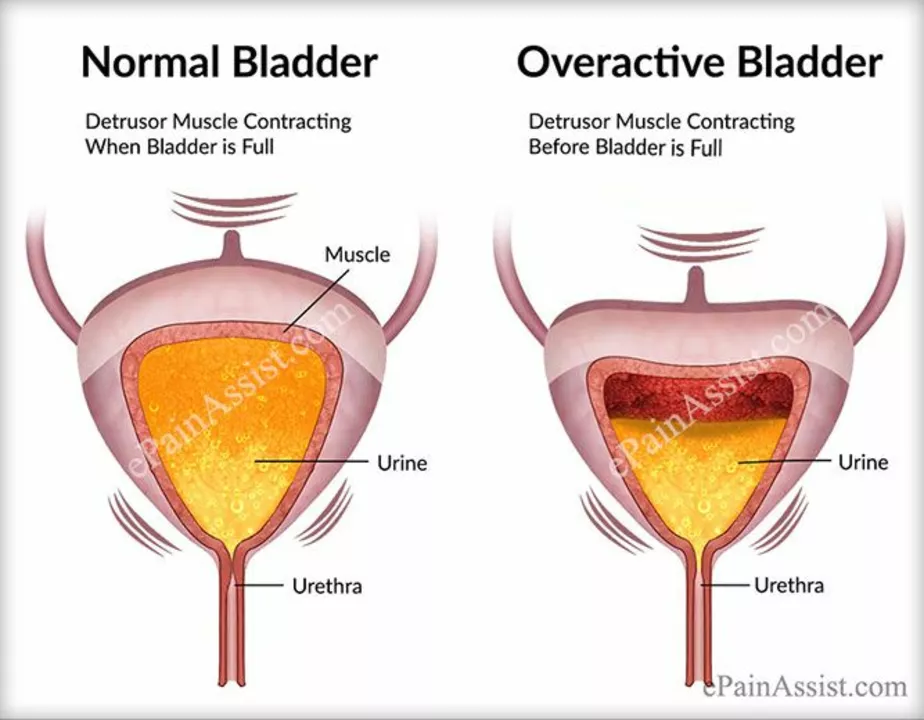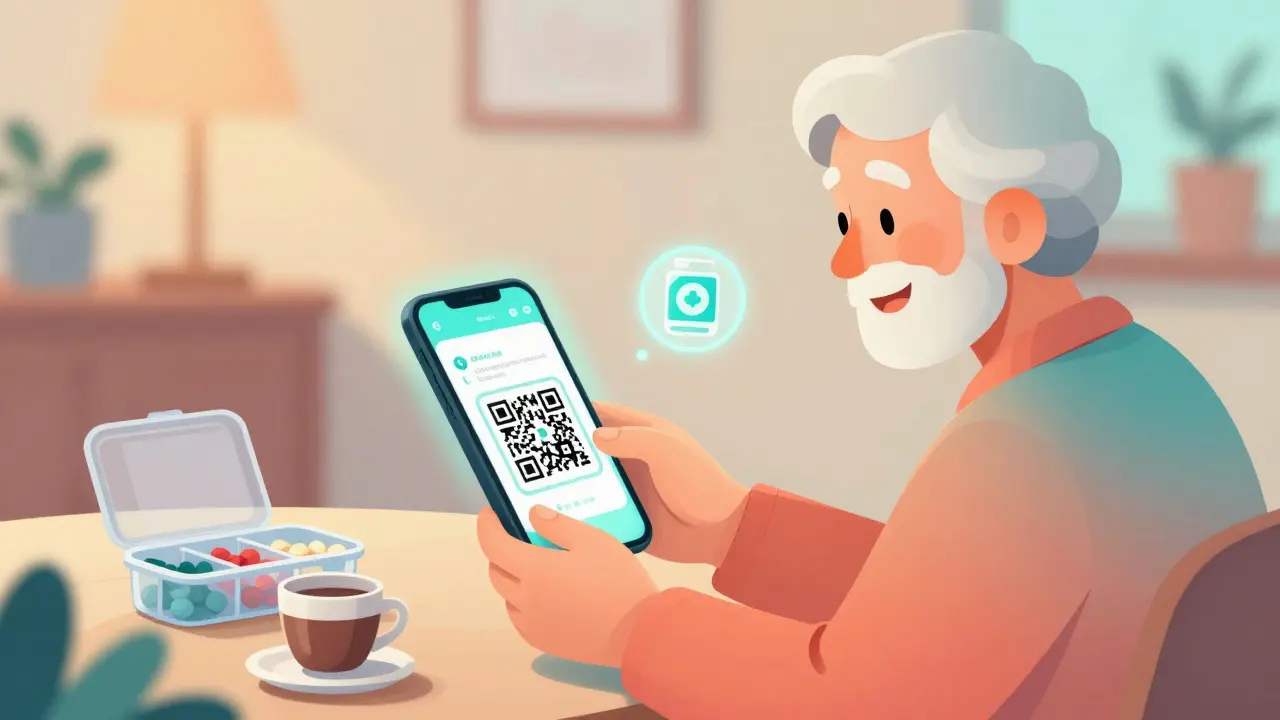Medication Tips: How to Buy, Use, and Protect Yourself
Want simple, practical steps for buying meds online, using supplements, or handling side effects? This page collects short, useful tips from our guides — everything from spotting shady online pharmacies to taking medication the right way. Read these tips before you click "buy" or start a new pill.
Quick safety checks before buying meds online
Always check for a real pharmacy license and clear contact details. A legit site shows a phone number, physical address, and a licensed pharmacist you can reach. Look for HTTPS in the address bar and basic site info like refund and shipping policies. If a price looks insanely low, treat it as a red flag — counterfeit meds are common when deals look too good.
Ask for a prescription when required. Any reputable online pharmacy will request a current prescription for prescription-only drugs. If they don’t, don’t order. Read recent user reviews and check independent sites for complaints. Finally, confirm where the drug ships from and whether customs might block or delay it — that affects delivery and safety.
Everyday tips for taking meds and supplements
Follow the exact dose and schedule your provider gave you. Use a pill box or phone alerts to avoid missed or double doses. Keep a short list of all medicines, supplements, and vitamins you take — bring it to every medical visit so doctors can spot interactions. Start new medications or supplements at the lowest suggested dose when possible and watch how your body reacts for the first few days.
Know common side effects and what needs urgent care. If you see breathing trouble, swelling, severe rash, or fainting, stop the medicine and get immediate help. For milder side effects like nausea or headache, check if they ease after a few days — if not, call your prescriber. Avoid mixing alcohol with sedating drugs, and be cautious with driving until you know how a drug affects you.
Store meds and supplements in a cool, dry place out of reach of children. Check expiration dates before use. Don’t mix pills in one bottle unless they’re labeled — mistakes happen fast. Dispose of unused or expired meds safely; many pharmacies offer take-back programs or events.
Looking for alternatives or cheaper options? Ask your doctor or pharmacist about generics and clinically proven substitutes. Many of our posts compare alternatives for things like antidepressants, ED meds, and antibiotics — those guides can help you have a smarter conversation with your clinician.
If you’re unsure, ask questions. A short call to your pharmacist or prescriber can save time and risk. Want deeper how-tos? Check the articles under this tag for step-by-step guides on buying specific drugs safely, choosing supplements, and spotting scams. Stay curious, stay cautious, and make choices that protect your health.






